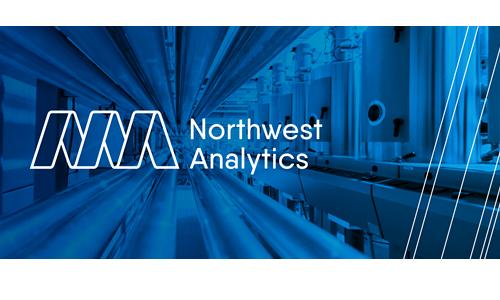You Are What You Measure
If you run a manufacturing company blind you will run it into the ground. Successful management requires good measures of performance, and that leads to how to identify the critical metrics and get the right data. On April 18, John Jackiw will discuss these topics in the online conversation, Metrics, KPIs, and Process Insights – Implementing High Performance Manufacturing Intelligence.
We have all heard that you can’t manage what you can’t measure. Daily experience confirms the reality of that maxim. The question is how to define metrics to reach the desired result.
The measurement process shapes what is done and what is possible. Choosing the metrics is a defining moment as it sets the boundaries of the process. Selecting key performance indicators (KPIs) is even more rigorous since they are the significant few which will govern the operation.
Moving from general corporate goals to process metrics is moving from the vague to the specific. This requires an in-depth understanding of the process and the ability to characterize critical behavior points. The result will be useful metrics that can drive value up and down internal and external value chains.
In their article, “Harnessing Untapped Information for Enterprise Manufacturing Intelligence”, John Jackiw and Gilad Langer gave a good example of this. An easy metric for tablet line production is the number of tablets pressed per minute. However, that does not tell the complete story.
The correct and useful metric is the throughput of quality tablets which becomes the real key performance indicator (KPI). The value can be formed from two independent metrics – tablet press speed and number of rejected tablets. Combined they give the critical information and form the KPI which drives value throughout the system.

